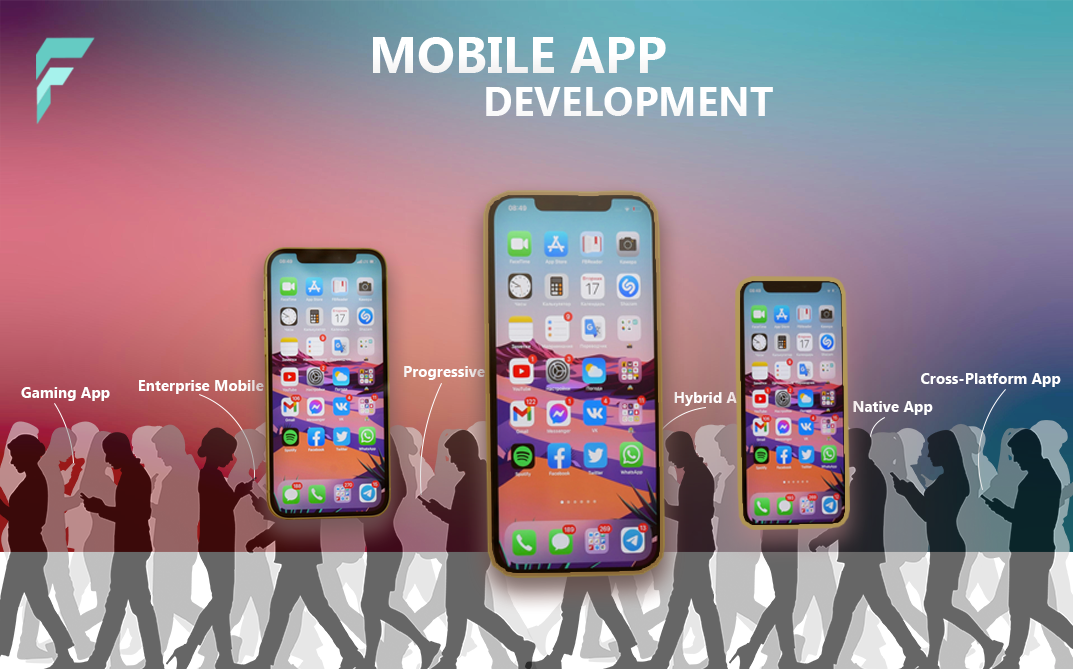Hybrid App Development
Discover hybrid app development—explore key features, top frameworks, technologies, and a comparison between hybrid and native apps.
Discover hybrid app development—explore key features, top frameworks, technologies, and a comparison between hybrid and native apps.
Hybrid App development combines elements of both native and web applications, offering businesses a cost-effective and flexible solution. These apps run on multiple platforms using a single codebase while maintaining a native-like user experience. Hybrid applications are built with web technologies and wrapped in a native shell, allowing them to function seamlessly across different devices. This approach enables faster development, lower costs, and broader market reach while balancing performance and usability.

Hybrid App development involves creating applications using web technologies such as HTML, CSS, and JavaScript while integrating them into a native container. These apps run inside a WebView, which enables them to access native device features like the camera, GPS, and push notifications. By utilizing a single codebase, hybrid apps reduce development time and costs while maintaining cross-platform compatibility.
Hybrid applications offer several advantages that make them an attractive choice for businesses. Some of the key features include:
Hybrid App development relies on a combination of web and native technologies. Some of the core technologies include:
Developers use frameworks to streamline Hybrid App development. These frameworks offer pre-built components and libraries to enhance functionality. Some key aspects of hybrid frameworks include:
Businesses often compare hybrid and native app development to determine the best approach for their needs. Below is a detailed comparison:
| Aspect | Hybrid Development | Native Development |
|---|---|---|
| Performance | Good, but may experience lag due to WebView rendering. | High, as native apps are optimized for the specific platform. |
| Development Time | Faster, as a single codebase is used for multiple platforms. | Longer, as separate codebases are needed for different platforms. |
| Cost | Lower, as hybrid apps require fewer resources and maintenance. | Higher, due to platform-specific development. |
| User Experience | Good, but may not match the seamless experience of native apps. | Excellent, as the UI follows platform-specific guidelines. |
| Access to Native Features | Limited, requires integration with plugins for deeper access. | Full, as native apps have direct access to all device features. |
| Scalability | Easy to scale across platforms with a single update. | Requires individual updates for each platform. |
To ensure a smooth user experience, developers must optimize hybrid app performance. Here are some key steps to improve speed and responsiveness:
Security is a crucial aspect of hybrid app development. To protect user data and prevent security breaches, follow these best practices:
The hybrid app development landscape continues to evolve with advancements in technology. Some key trends to watch include:
Hybrid app development provides businesses with a cost-effective and scalable solution for mobile applications. By understanding its features, frameworks, and best practices, organizations can create high-performing hybrid applications that meet user expectations while e

Choose F12 Technologies for industry-leading mobile app solutions designed to boost engagement, efficiency, and growth for your business.
We tailor our services to meet your specific requirements, ensuring innovative and impactful solutions that help you achieve your goals.
Contact Us